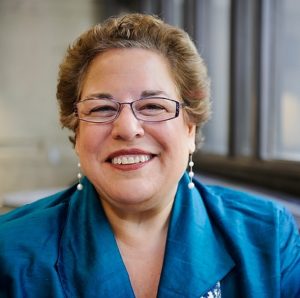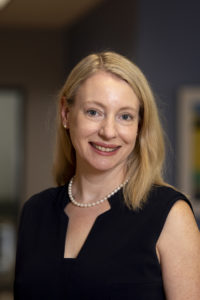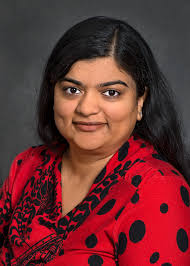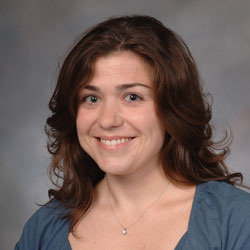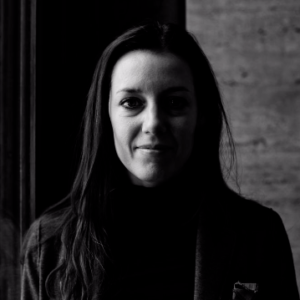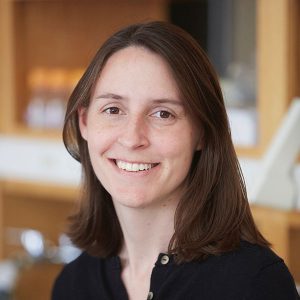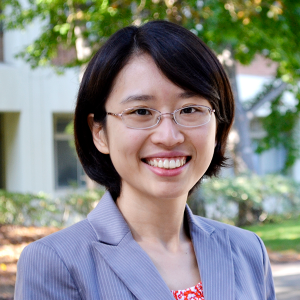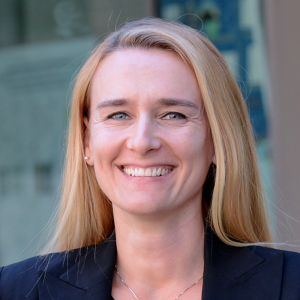Women in EB
-
Danielle Tullman-Ercek
After earning her B.S. degree in chemical engineering, Tullman-Ercek began her Ph.D. at the University of Texas at Austin under advisor George Georgiou. Her dissertation focused on the pathway bacteria use to transport folded proteins across membranes, and how this pathway may be used in protein engineering applications. After earning her Ph.D. in 2006, Tullman-Ercek began her post-doctoral work at the University of California, San Francisco in the laboratory of Chris Voigt. Her primary project in the Voigt lab was the study of spider silk production and secretion in Salmonella. She also immersed herself in the challenges and potential of the field of synthetic biology. She continued her postdoctoral studies at the Joint BioEnergy Institute, working to improve enzymes that break down biomass for more efficient and economic biofuel production processes. Tullman-Ercek joined the Department of Chemical and Biomolecular Engineering at UC Berkeley in 2009. Inspired by her previous work, her research group focuses on engineering multi-component systems in biology – such as protein and small molecule secretion machinery and bacterial microcompartments – using tools and techniques from protein engineering and synthetic biology.
